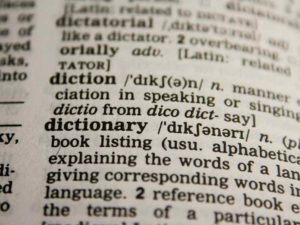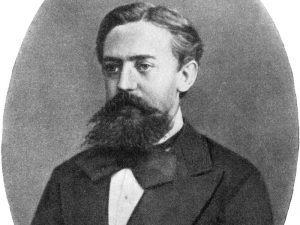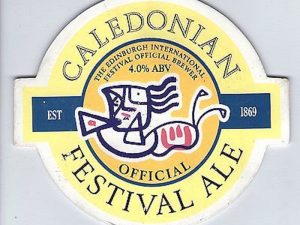This is basically just archiving some material from when this course ran in a hybrid setup. We decided to drop some components when classes went back to “normal” in-person.
This course is taught at the University of Edinburgh at advanced undergraduate and Masters levels.

Module 0 - getting started
Start here! Gives an introduction to the course, explains how the course is delivered, and describes the computing environment you will need.

Module 1 - Phonetics and Visual Representations of Speech
An introduction to phonetics and how we can visualise speech

Module 3 - Digital Speech Signals
What are spectrograms really? An introduction to Digital Signal Processing and the Discrete Fourier Transform

Module 4 - the Source-Filter Model
Building on our understanding of the digital signal processing, we look at source-filter model from more of an engineering perspective

Module 5 - speech synthesis - phonemes and the front end
Pronunciation, including letter-to-sound models, and predicting prosody. All these tasks can be done with Classification And Regression Trees (CARTs).

Module 6 - Speech Synthesis - waveform generation and connected speech
Manipulating recorded speech signals to create new utterances.

Module 7 - Speech Recognition - Pattern matching
The most basic way to recognise speech is by comparing the speech to be recognised with stored reference examples.

Module 8 - Speech Recognition - Feature engineering
To get the best out of machine learning, we can prepare features that reflect our knowledge of the problem, and suit our chosen model.

Module 9 - Speech Recognition - the Hidden Markov Model
We now replace pattern matching with a generative model that is learned from data.

Module 10 - Speech Recognition - Connected speech & HMM training
HMMs extend easily to connected speech so finally we put everything together to make a complete speech recognition system. We'll also learn how to train an HMM from data.

The Festival text-to-speech system (pre-2023/24)
Festival is a widely used research toolkit for Text-To-Speech. It is not perfect, and your goal is to discover various types of errors it makes, then understand why they occur.











 This is the new version. Still under construction.
This is the new version. Still under construction.